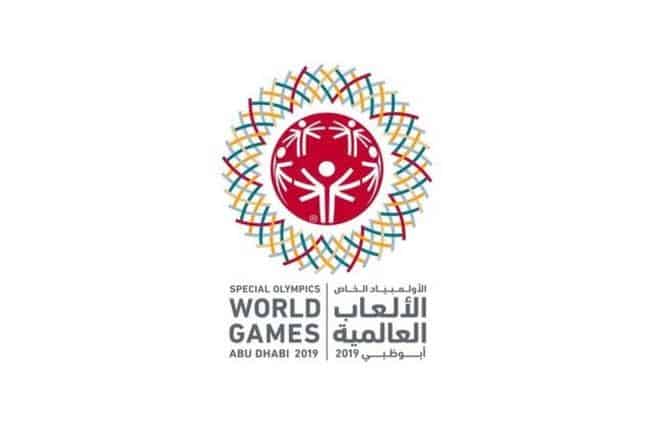Analytics specialist SAS provides worldwide data analyses for charity. The company does this as part of the Data for Good program. Most recently, the company made its software available at the Special Olympics World Games 2019.
This sports event starts on 14 March and lasts until 21 March. It is the largest sporting event in the world for people with intellectual disabilities. More than 7,500 athletes and 3,000 coaches from over 190 countries take part in 24 Olympic sports. SAS is the event’s official analytics supplier and makes its Data Management, Artificial Intelligence and Machine Learning platform available to the local organising committee of the Special Olympics World Games.
Analyzing data
The SAS platform allows large amounts of data on athletes’ performance, health and location, as well as geographical data on visitors and volunteers, to be analysed in real time from a variety of sources. For example, the Committee can ensure the safety of participants by measuring their location and heart rate in real time and providing rapid medical assistance when needed.
The organisation can also use the data for medical research to gain new insights into behaviour that can contribute to improving the social integration of people with intellectual disabilities. SAS also provides an international team of voluntary data scientists. During the event, they ensure that the technology provides valuable insights.
Valuable data
The Olympic Games in Abu Dhabi will be the starting point for the next 50 years of the Special Olympics Games. It is therefore all the more important for us that the most advanced and innovative technology you can find is used this year, says Peter Wheeler, CEO of the Special Olympics World Games Abu Dhabi 2019.
According to Wheeler, SAS solutions are used to monitor athletes and other stakeholders. This ensures the smooth running of the entire event. And: “In doing so, we are also creating a valuable data pool from which the Special Olympics movement can benefit greatly.
This news article was automatically translated from Dutch to give Techzine.eu a head start. All news articles after September 1, 2019 are written in native English and NOT translated. All our background stories are written in native English as well. For more information read our launch article.